Exploring Donor Advised Funds: A Guide for Nonprofits and Donors
April 22, 2025
Donor Advised Funds (DAFs) have become a popular vehicle for philanthropy, offering donors flexibility and nonprofits a potential source of steady support. A DAF is essentially a charitable giving account administered by a public charity, such as a community foundation or a financial institution’s philanthropic division. When a donor contributes assets to a DAF—ranging from cash to securities—they receive an immediate tax deduction. The donor can then recommend grants from their DAF to nonprofit organizations over months or even years to come.
Tax Benefits and Strategic Giving
One of the primary attractions of a DAF is the tax benefit it offers. Donors can time their contributions with peak income years or after significant wealth events for maximum deduction opportunities. Meanwhile, the funds in the DAF can grow tax-free until the donor decides which organizations to support. For those who wish to bundle or “bunch” their charitable giving in certain years but distribute gifts gradually, DAFs offer both tax efficiency and strategic flexibility. This approach can be particularly useful in years when personal finances or tax situations make larger contributions both feasible and beneficial.
Another benefit is the simplicity DAFs bring to charitable giving. DAF sponsors manage the administrative work—handling receipts, investment management, and grant processing. Donors can often support multiple nonprofits of their choice from a single account, reducing paperwork and providing enhanced privacy if desired. DAFs also serve as a powerful tool for legacy or family giving, enabling donors to name successors to advise on future grants or involve heirs in charitable decision-making.
Drawbacks and Criticisms of DAFs
Despite these advantages, DAFs are not without drawbacks and controversies. One chief concern is that once donations are made, there is no legal requirement for the funds to be distributed to charities within a certain timeframe. As a result, some assets may remain in DAFs for years before reaching the intended beneficiaries. Additionally, while donors have advisory privileges, final grant approval rests with the sponsoring organization, meaning donors relinquish direct legal control over the assets post-contribution. Fees charged by sponsors can also erode the charitable impact over time, and the lack of transparency in individual DAF grantmaking has drawn scrutiny from some watchdogs and policymakers.
Best Practices for Nonprofits Engaging with DAF Donors
DAFs are especially useful to donors during years of high income, following the sale of a business or investment, or when donating complex assets like stocks or real estate. They offer a way to organize, structure, and sometimes even grow assets dedicated to philanthropic purposes while leaving future giving decisions open. For nonprofits, understanding DAFs is increasingly important as a growing share of charitable gifts are distributed this way. Building relationships with DAF donors and making it as easy as possible for them to recommend grants can help organizations thrive in this new landscape.
When a nonprofit receives a grant from a donor advised fund, it is important to note the organization does not need to issue a charitable contribution acknowledgment for tax purposes. The donor has already received a tax deduction at the time of their original contribution to the DAF. However, a personalized thank you letter to the donor is still a good practice. While it serves no tax function, it demonstrates appreciation, acknowledges the donor’s intent, and can help build long-term relationships—often leading to ongoing or increased support.
Conclusion
In summary, Donor Advised Funds present a flexible, efficient way for donors to achieve their charitable goals and for nonprofits to cultivate new sources of support. As with any financial tool, it’s critical to weigh their benefits and potential constraints, seek expert guidance, and ensure that they support your philanthropic mission.
Please reach out to our nonprofit team with any questions you might have. Larson and Company has developed a suite of services specifically to serve the needs of companies of all sizes in a wide range of industries.

Kyle is an Audit Partner and the leader of our Nonprofit Practice Group. He is an audit and compliance expert for nonprofits and emerging industries companies.
LinkedIn
.png)




